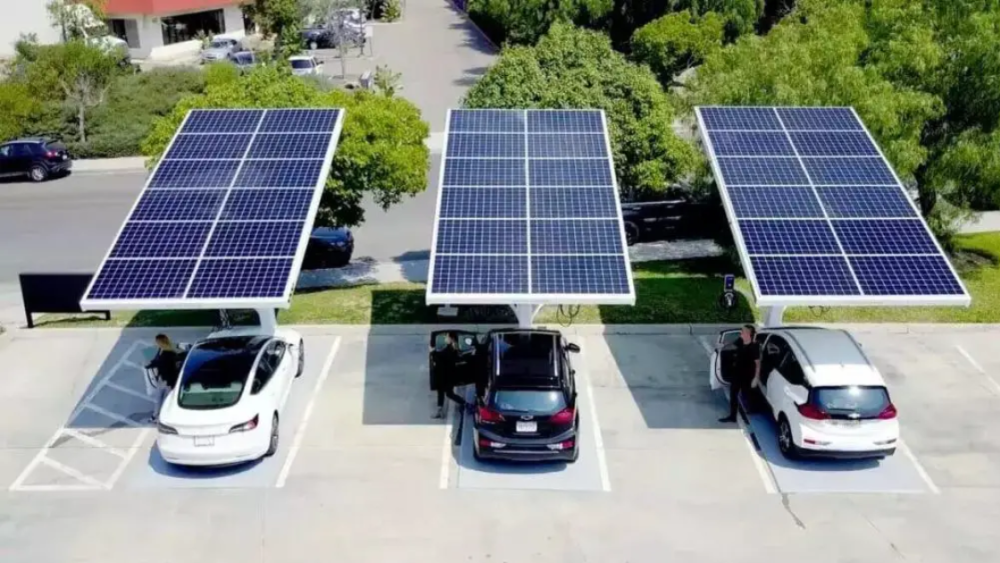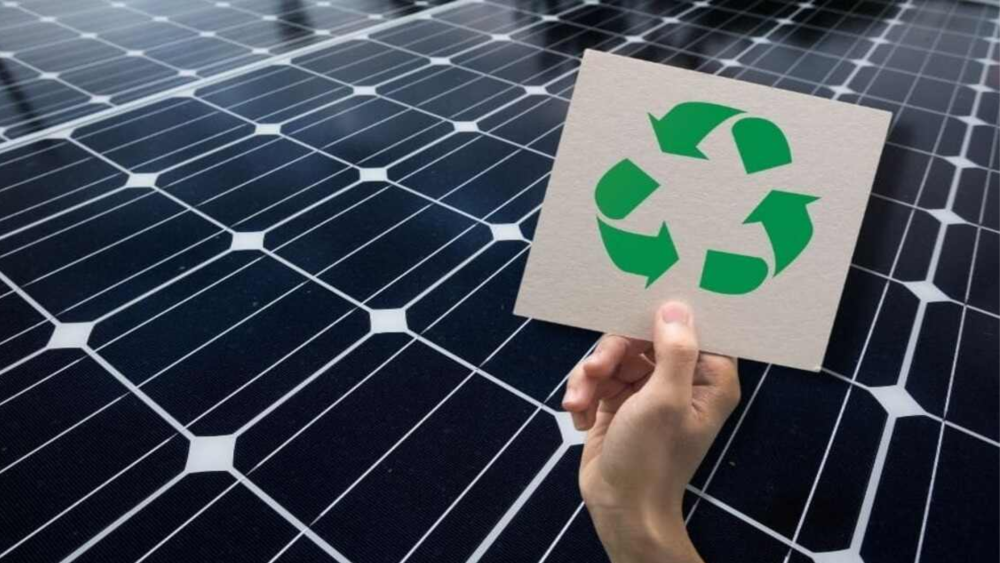How Much Solar Power Do You Need to Charge Your Electric Car?
Written on . Posted in Solar panels.

Try our solar cost and savings calculator
Harness the Power of the Sun to Charge Your EV
With the rise of electric vehicles (EVs) and the increasing interest in renewable energy, many EV owners are looking to solar power as a sustainable way to charge their cars. But how much solar do you actually need to keep your EV running on clean energy?
This guide will help you calculate the amount of solar power required to charge your electric vehicle, factors to consider, and tips for setting up your home charging station.
Understanding Your EV’s Energy Needs
The first step in determining how much solar power you need is understanding your electric vehicle’s energy consumption:
-
Energy Consumption: EVs consume energy in kilowatt-hours (kWh). On average, EVs use about 30 kWh to travel 100 miles. Your specific energy needs will depend on your driving habits and the efficiency of your vehicle.
-
Daily Driving Distance: Estimate how many miles you drive each day. This will help you calculate the total kWh your EV needs daily.
-
Solar Energy Production: The amount of solar power you can generate depends on factors like your location, the number of solar panels you have, and the efficiency of those panels.
Calculating Your Solar Power Needs
Here’s a simple formula to calculate the amount of solar power required:
- Daily kWh Usage: Multiply your vehicle’s kWh per 100 miles by the number of miles you drive each day.
- Solar Panel Output: Determine how much energy your solar panels produce daily. This can vary depending on your geographic location and the panel’s efficiency.
- Number of Panels Needed: Divide your daily kWh usage by the daily output of one solar panel to estimate the number of panels required to charge your EV.
Example Calculation:
- Daily Driving Distance: 30 miles
- EV Energy Consumption: 30 kWh per 100 miles
- Daily kWh Needed: (30 miles / 100 miles) * 30 kWh = 9 kWh
- Solar Panel Output: Assume each panel produces 1.5 kWh per day
- Number of Panels Needed: 9 kWh / 1.5 kWh = 6 solar panels
Factors to Consider
-
Sunlight Availability: The amount of sunlight your area receives will impact how much energy your solar panels can produce. Areas with more sunlight require fewer panels.
-
Battery Storage: Consider adding a battery storage system to store excess solar energy generated during the day. This can be used to charge your EV at night.
-
Charging Efficiency: Some energy is lost during the charging process, so you might need slightly more solar power than calculated to account for this inefficiency.
Benefits of Charging Your EV with Solar Power
Charging your EV with solar power offers several benefits:
- Cost Savings: Once your solar panels are installed, charging your EV with solar energy is essentially free, reducing or even eliminating your electricity bill.
- Environmental Impact: Solar power is a clean, renewable energy source that reduces your carbon footprint, helping to combat climate change.
- Energy Independence: Generating your own power gives you independence from the grid and protects you from rising electricity costs.
Ready to Charge Your EV with Solar?
If you’re considering switching to solar power for your electric vehicle, now is the time to assess your energy needs and explore your options. Start by calculating the number of solar panels required, and consult with a solar expert to design the perfect system for your home.
Try our solar cost and savings calculator




